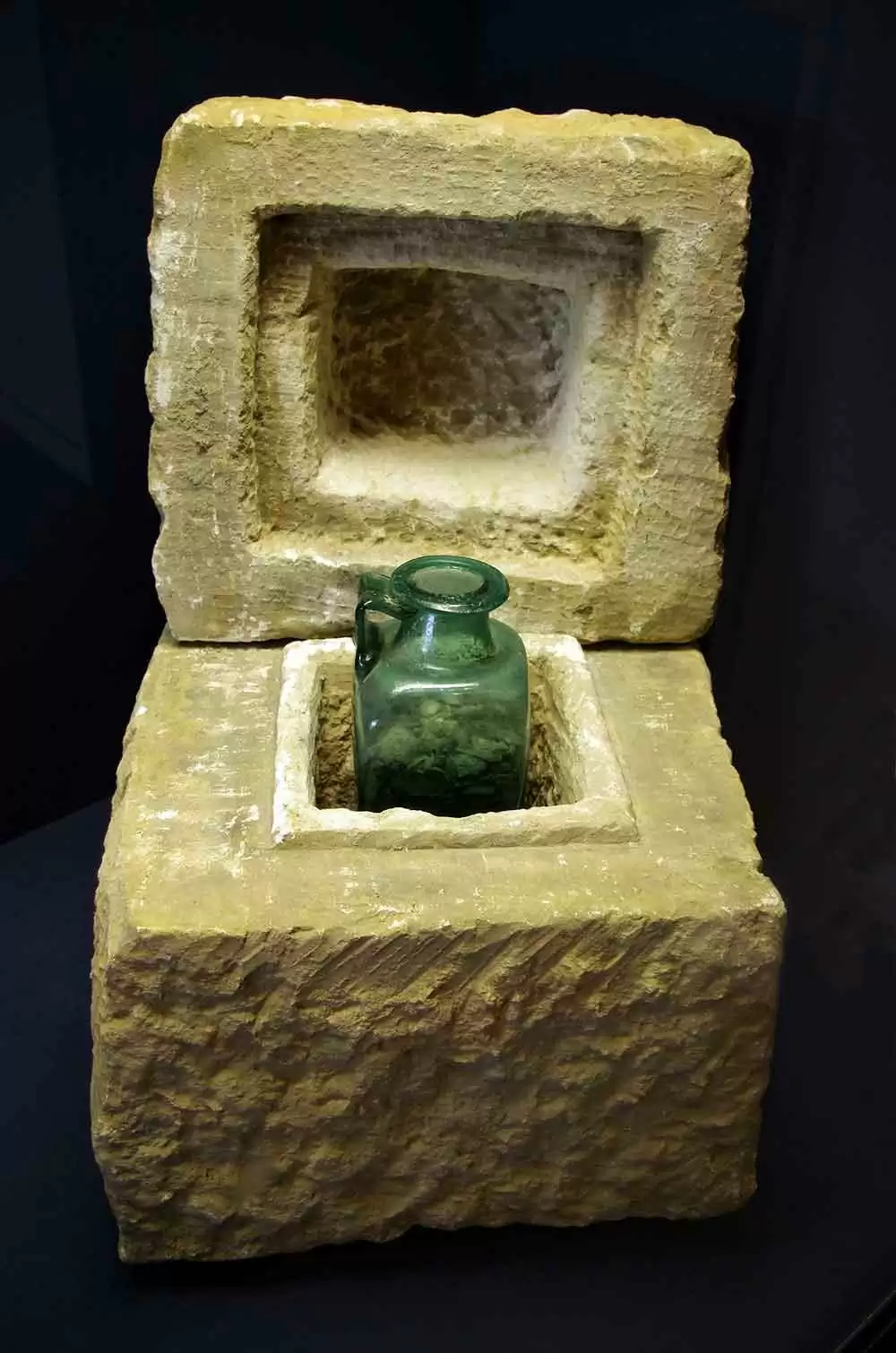
Read more at: Medicalnewstoday.com
You have found your celiac tribe! Join us and ask questions in our forum, share your story, and connect with others.

By Jefferson Adams •

Jefferson Adams is Celiac.com's senior writer and Digital Content Director. He earned his B.A. and M.F.A. at Arizona State University. His articles, essays, poems, stories and book reviews have appeared in numerous magazines, journals, and websites, including North American Project, Antioch Review, Caliban, Mississippi Review, Slate, and more. He is the author of more than 2,500 articles on celiac disease. His university coursework includes studies in science, scientific methodology, biology, anatomy, physiology, medicine, logic, and advanced research. He previously devised health and medical content for Colgate, Dove, Pfizer, Sharecare, Walgreens, and more. Jefferson has spoken about celiac disease to the media, including an appearance on the KQED radio show Forum, and is the editor of numerous books, including "Cereal Killers" by Scott Adams and Ron Hoggan, Ed.D.
>VIEW ALL ARTICLES BY JEFFERSON ADAMS




Recommended Comments
Create an account or sign in to comment
You need to be a member in order to leave a comment
Create an account
Sign up for a new account in our community. It's easy!
Register a new accountSign in
Already have an account? Sign in here.
Sign In Now